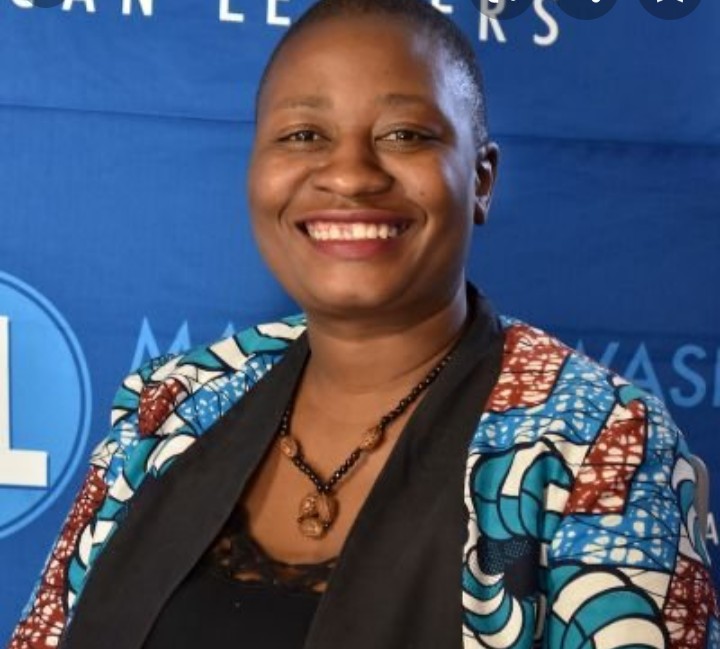|
Getting your Trinity Audio player ready…
|
Staff Reporter
A Deaf Women Included (DWI) official has called for information on Sexual Reproductive Health Rights (SRHR) that is disability inclusive.
DWI vice chairperson, Ms. Cleopatra Nyaku said women and particularly girls with hearing impairments are often ignored when it comes to information regarding SRHR.
“In terms of Sexual Reproductive Health Rights, awareness among communities of persons with disabilities is also limited. There is a misconception that persons with disabilities are not sexually active and they do not require SRHR services and that is also a communication barrier.
“That also limits their enjoyment of the right to SRHR services. So even the provision of services such as family planning is rather limited and we are advocating for inclusive SRHR services. That means providing information, and communication that is disability-inclusive, and going beyond the communication barriers even for those with intellectual disabilities. They are supposed to be having information that is available to them in an accessible format,” she said.
Signs of Hope Trust official Ms. Samantha Sibanda said statistics on the abuse and rape of women with disabilities are hard to come by.
“We have a huge gap in terms of reports of cases of GBV. There are many barriers that hinder persons with disabilities to report on cases. So statistics are not available. A trend we are seeing is that the cases we note come when the person is pregnant. So cases of GBV for persons even with mental disabilities are only recorded when they are pregnant. Of which most of the time, the pregnancy will be visible,” she said.
She also stated that women with disabilities face forced sterilization.
“So we are now seeing forced sterilization. Caregivers of girls or women with disabilities are giving them pills or doing tubal ligation without their consent.
“Their alibi is that they are protecting their children. This means the perpetrators are being protected. This means persons with disabilities need to be taught the importance of reporting SGBV cases,” said Ms. Sibanda.
A 28-year-old woman with a disability said, “We are being abused but we are made to think this is right because we have nowhere to run to. Suppose we report, the perpetrators are people close to us. So you will be fearing relatives’ neglect.”
